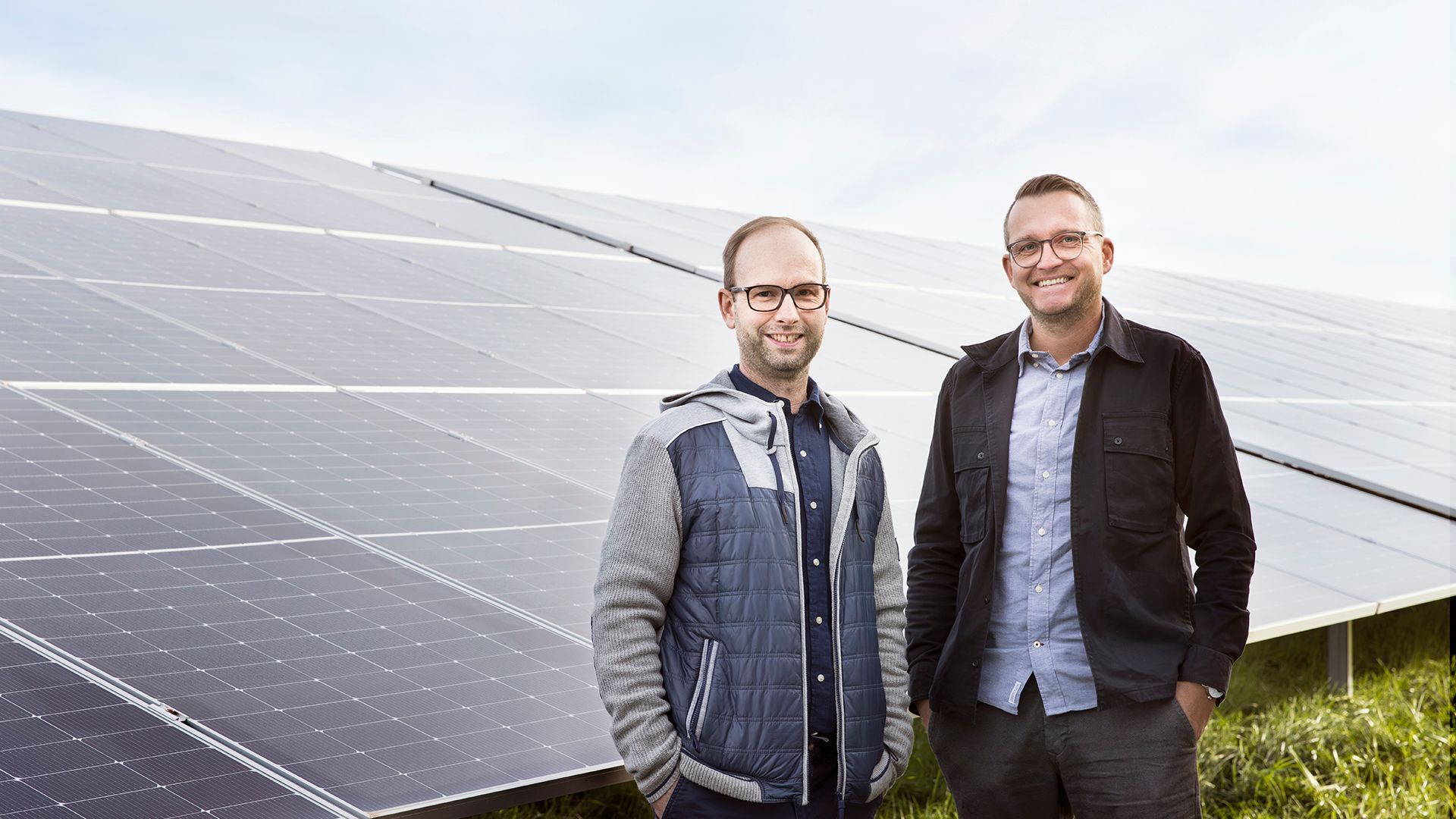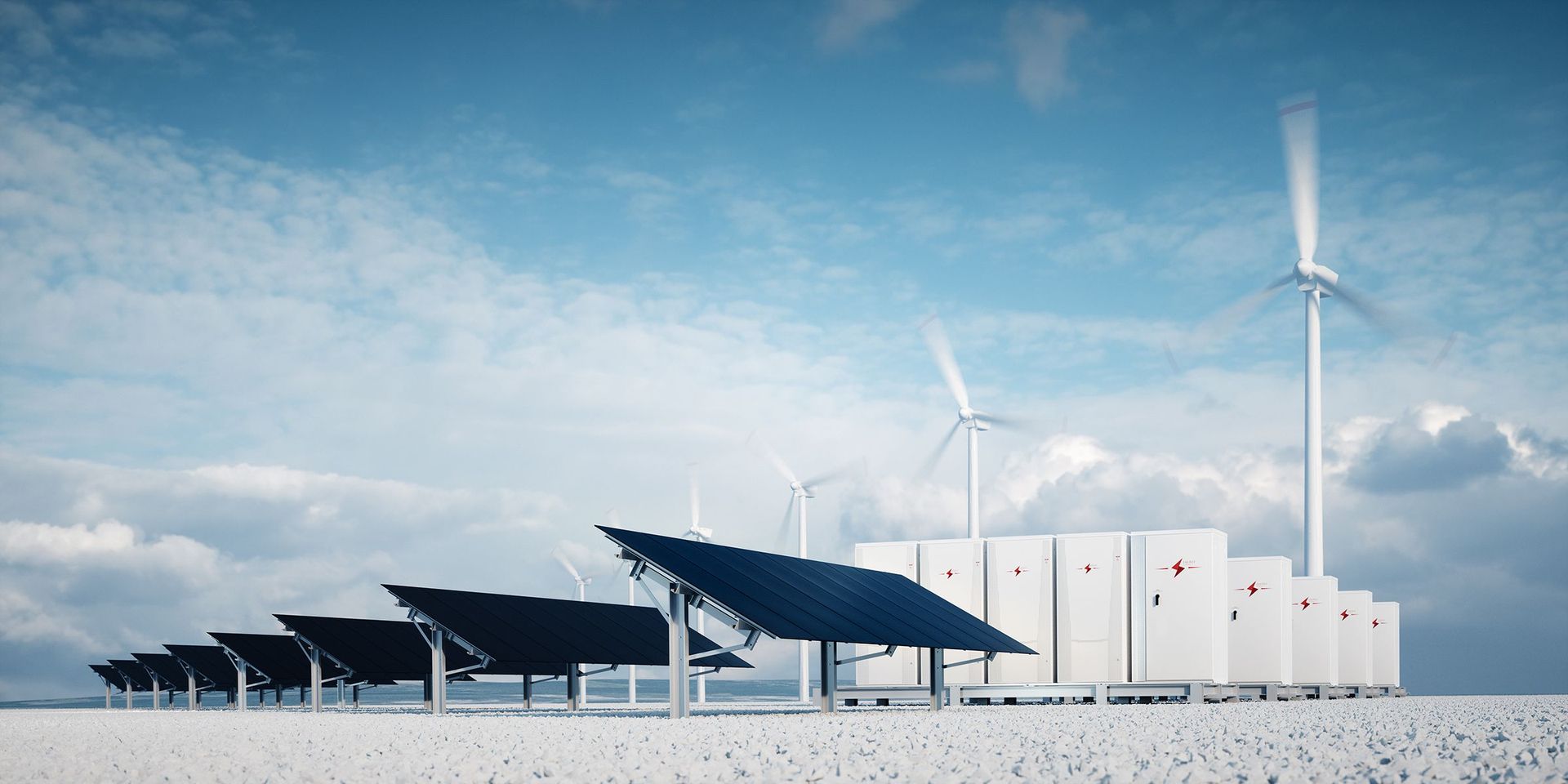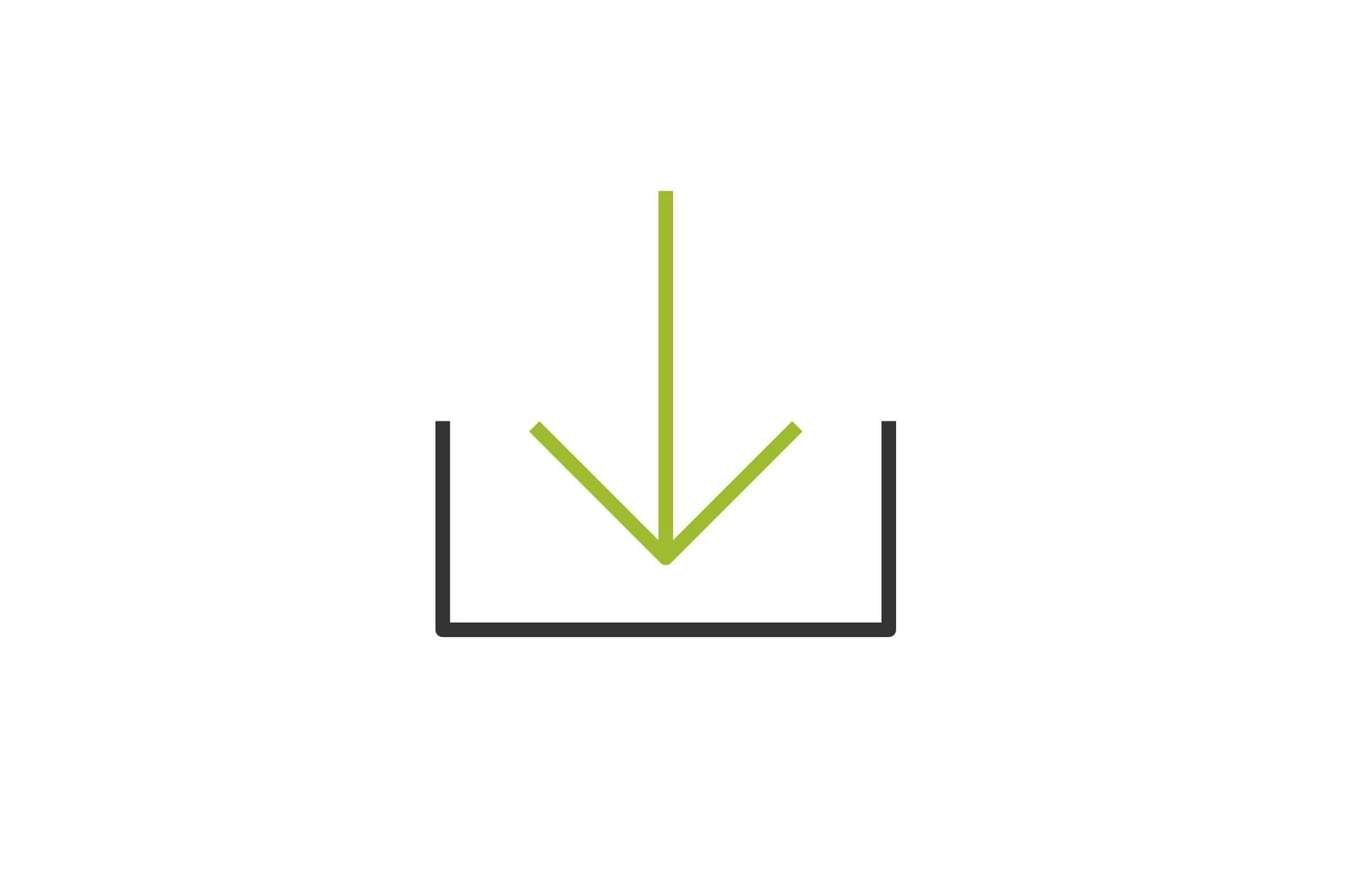Power trading without experiments, but with a bonus
On the edge of the Bavarian Forest, you can already see the enormous reorganisation of the electricity system from the train window, which is progressing step by step here as everywhere else in the country. Photovoltaic panels greet travellers from the roofs of houses, warehouses, fences, noise barriers, and along the railway line itself, promising a little optimism in uncertain times.

An up-and-coming company that makes no fuss about its success is partly responsible for the visible energy turnaround on site. FIMA Projekt GmbH has been building and operating solar power systems in the region since 2016, but now also in all eastern German states and in Hesse. "We offer everything from commercial rooftop systems with 150 kWp to ground-mounted PV systems with more than 40 megawatts," explains Nikolaos Maragkoulis, one of the two founders and managing directors of the project developer. He and his partner Manuel Fischl rely on regional networks and long-term cooperation with partners and suppliers, from site acquisition to turnkey delivery. "We’ve achieved really good scaling with a manageable team and that only works if you can rely on each of your partners and don't always just look for the cheapest offer. We don't experiment once the process is in place," says Manuel Fischl.
What applies to the supply chain in the construction phase also applies to the consumer side of the electricity produced. Since the company was founded, FIMA's PV systems have been integrated into Next Kraftwerke’s virtual power plant. Through the virtual power plant's electricity trading, FIMA generates income on the power exchange, most of which is directly reinvested in new projects. "It is important for us to have personal contacts who know us and take time to answer our technical questions, as well as those concerning registration with the grid operator or billing for the electricity traded. Mutual trust is essential for a smooth process," emphasises Manuel Fischl.
Once the contract has been signed, Next Kraftwerke will integrate FIMA's PV systems into its own balancing group, take care of direct marketing under the market premium model, and also assume redispatch obligations free of charge. Weather and price forecasts as well as the actual marketing in daily trading on the electricity exchange play a role in direct marketing, but now also more complex marketing strategies, for example in the event of negative prices in spot trading. For Manuel Fischl, this is another argument in favour of direct marketing, because "We now also receive the new solarFlex bonus for our full feed-in systems, which applies in the event of curtailment by the direct marketer. In the event of curtailment by Next Kraftwerke, we receive 2.5 cents/kWh in addition to the usual market compensation for lost revenue.”
However, new marketing concepts continue to emerge outside of direct marketing. "We are currently negotiating a PPA with Next Kraftwerke for a large ground-mounted plant," adds Nikolaos Maragkoulis. There is no need to experiment with power trading, as Next Kraftwerke offers the entire marketing spectrum for renewable energy.
"Of course, the contract terms are always decisive, and so far they have always been very fair. We've had great experiences with Next Kraftwerke and are very satisfied," concludes Manuel Fischl.
Facts
| Installed capacity | 4410 kWp |
| Number of modules | 7875 |
| Orientation | South |
| Product used | Power trading of PV |


